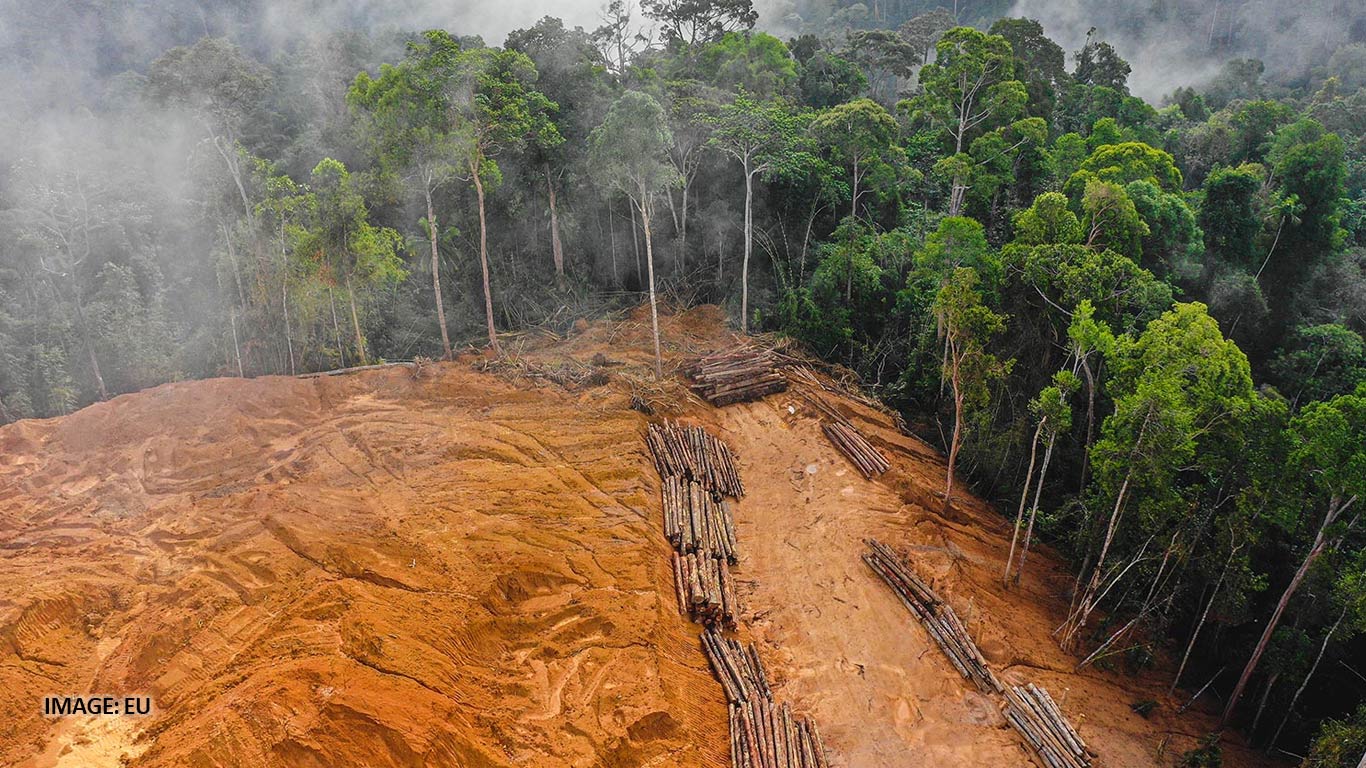India Questions EU's Benchmarking Criteria In Proposed Deforestation Law
Updated: May 20, 2024 02:24:50pm

India Questions EU's Benchmarking Criteria In Proposed Deforestation Law
New Delhi, May 20 (KNN) India has requested clarification from the European Union regarding its proposed regulation that aims to benchmark exporting countries as low or high risk based on deforestation levels.
The EU's deforestation-free product regulation has potential implications for India's exports of coffee, cocoa, soya, wood products, rubber and its products, and leather goods.
The regulation mandates that firms ensure any products exported to the EU have been cultivated on land that has not been deforested after December 31, 2020.
Violations could result in fines up to 4 per cent of a firm's annual turnover in the EU, as well as confiscation of products and revenues gained from transactions.
These new rules will apply to large firms starting December 2024 and small firms beginning June 2025.
One of India's primary concerns relates to a condition that evaluates whether a country's Nationally Determined Contributions (NDCs) to the United Nations Framework Convention on Climate Change cover emissions and removals from agriculture, forestry, and land use.
"India has asked the EU to elaborate on the rationale behind setting agriculture-related NDC commitments as a criterion for the benchmarking system," stated a Geneva-based official.
According to trade experts, the EU's Deforestation Regulation (EUDR) could potentially impact India's agricultural exports worth USD 1.3 billion to the EU starting from December 2024, with Indian exports potentially facing a more significant impact than other competing countries due to India's higher deforestation rate.
At the World Trade Organisation (WTO), India has also inquired whether the EU will cover adaptation costs associated with traceability and due diligence requirements of this unilateral measure. The regulations could impose additional costs on operators in third countries, including smallholders, to develop or implement systems that would allow EU operators to comply with the new requirements if such systems are not already in place.
Furthermore, there may be additional costs in producing countries to ensure compliance with the "deforestation-free definition" by switching to compliant production practices.
India has also sought details on grants provided by the EU to protect, restore, and sustainably manage forests in partner countries, as well as details on grants provided to support sustainable agriculture in partner countries.
(KNN Bureau)











